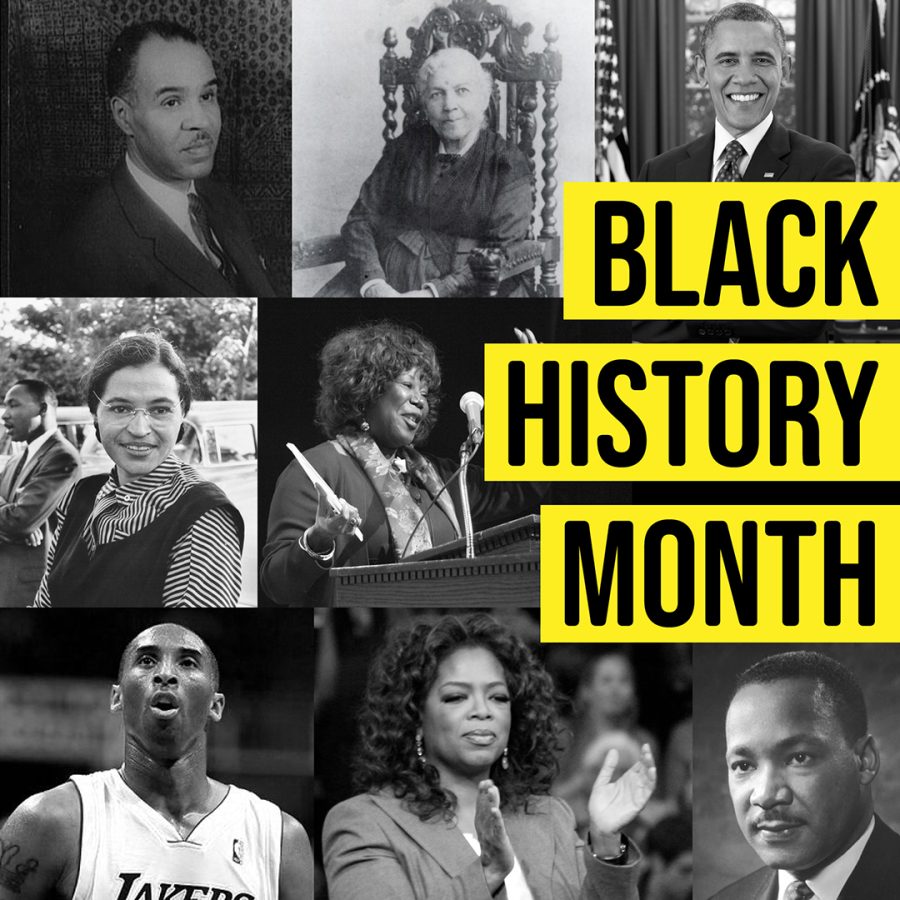Black History Month
Black History Month -Minnesota children’s museum
February 24, 2023
Black history month is a yearly celebration of African Americans and a time that recognizes their role in our history. In September of 1915, a Harvard- trained historian named Carter G. Woodson and the prominent minister Jesse E. Moorland created the Association for the Study of Negro Life and History, known as ASNLH, dedicated to researching and displaying achievements of black Americans and people of African descent. But why February? February is the birth month of Abraham Lincoln, the 16th president, and Fredrick Douglass, a black American abolitionist birthday. After Woodson’s death, Negro History week became an important part of American life, as it made Americans appreciate and celebrate African culture and lives.
In the decades that followed, cities started to issue yearly proclamations in recognition of Negro History Week. The civil rights movement, a nonviolent social and political movement that started in 1954 and ended in 1968, abolished legalized institutional racial segregation, discrimination, and disenfranchisement throughout the United States. The civil rights movement would focus on Black Americans’ rights and brought light to African American history and culture. In 1976, the week expanded to black history month, and President Gerald R. Ford pushed Americans to seize the opportunity to honor the too-often neglected accomplishments of black Americans in every area of endeavor throughout our history. As of now, almost every American president has issued black history proclamations and often talks about it within schools. The ASALH continues to promote the protection and study of black history throughout the year.
Each February we celebrate and remember black history’s effects on America today. Black history is an essential part of America’s faults, struggles, and progress as black history is our history. Black history is important to teach in schools, as it honors black figures throughout our history. It spreads awareness of racial issues that are ongoing while shedding light on the past. But there is still far to come as many public schools teach about American heroes leaving out important black figures, and schools omit how many early presidents owned slaves. This leads to whitewashed history and glossed-over versions of the past.











